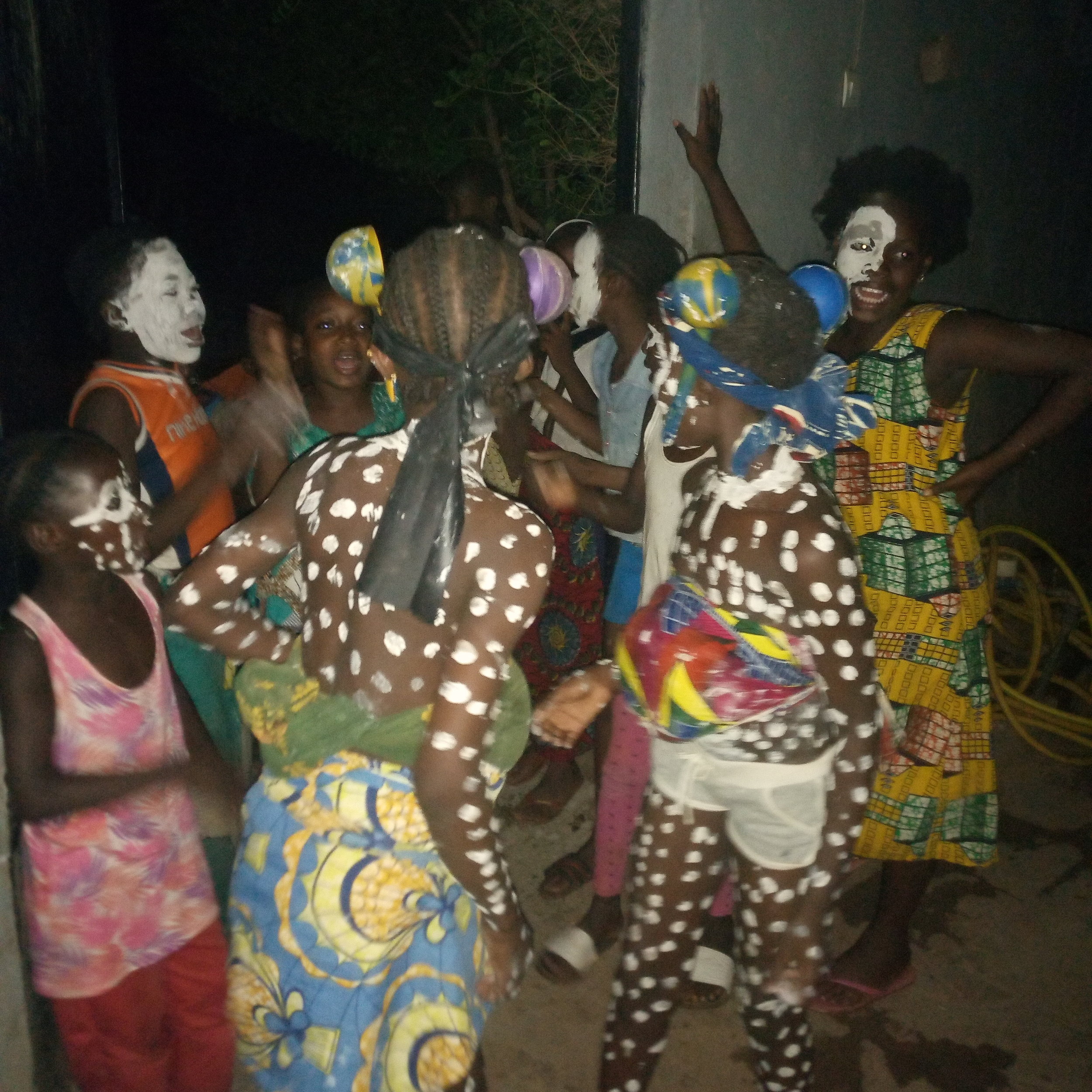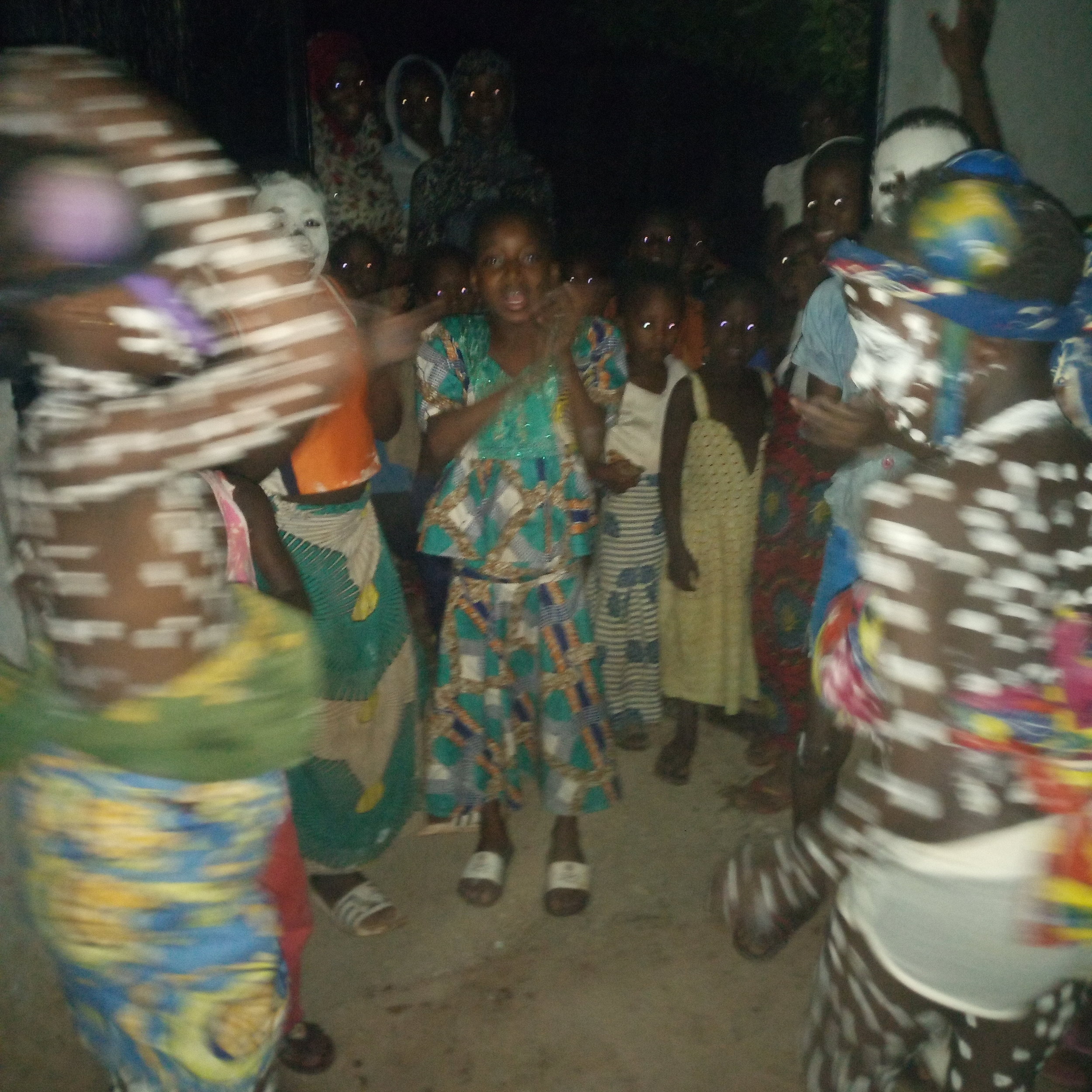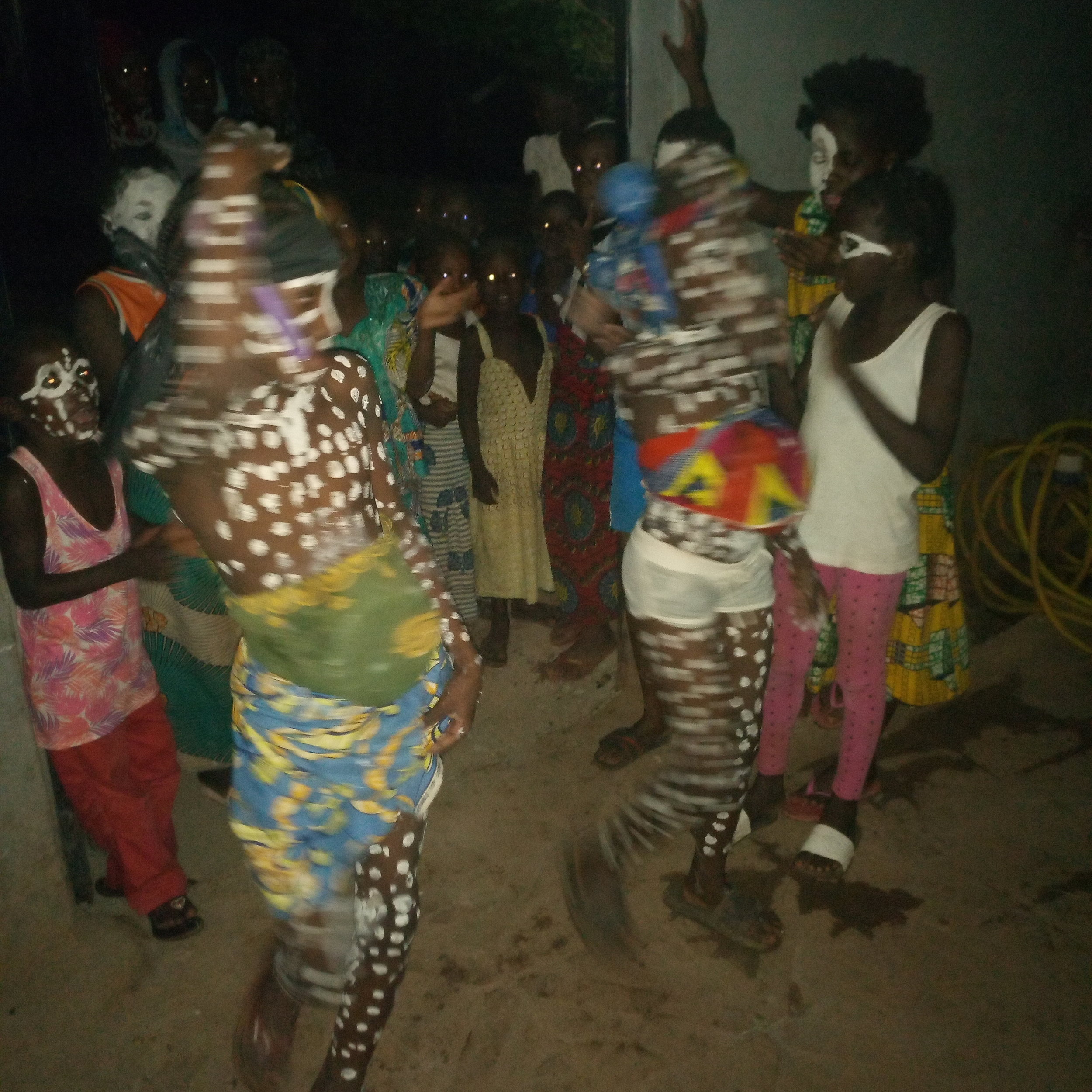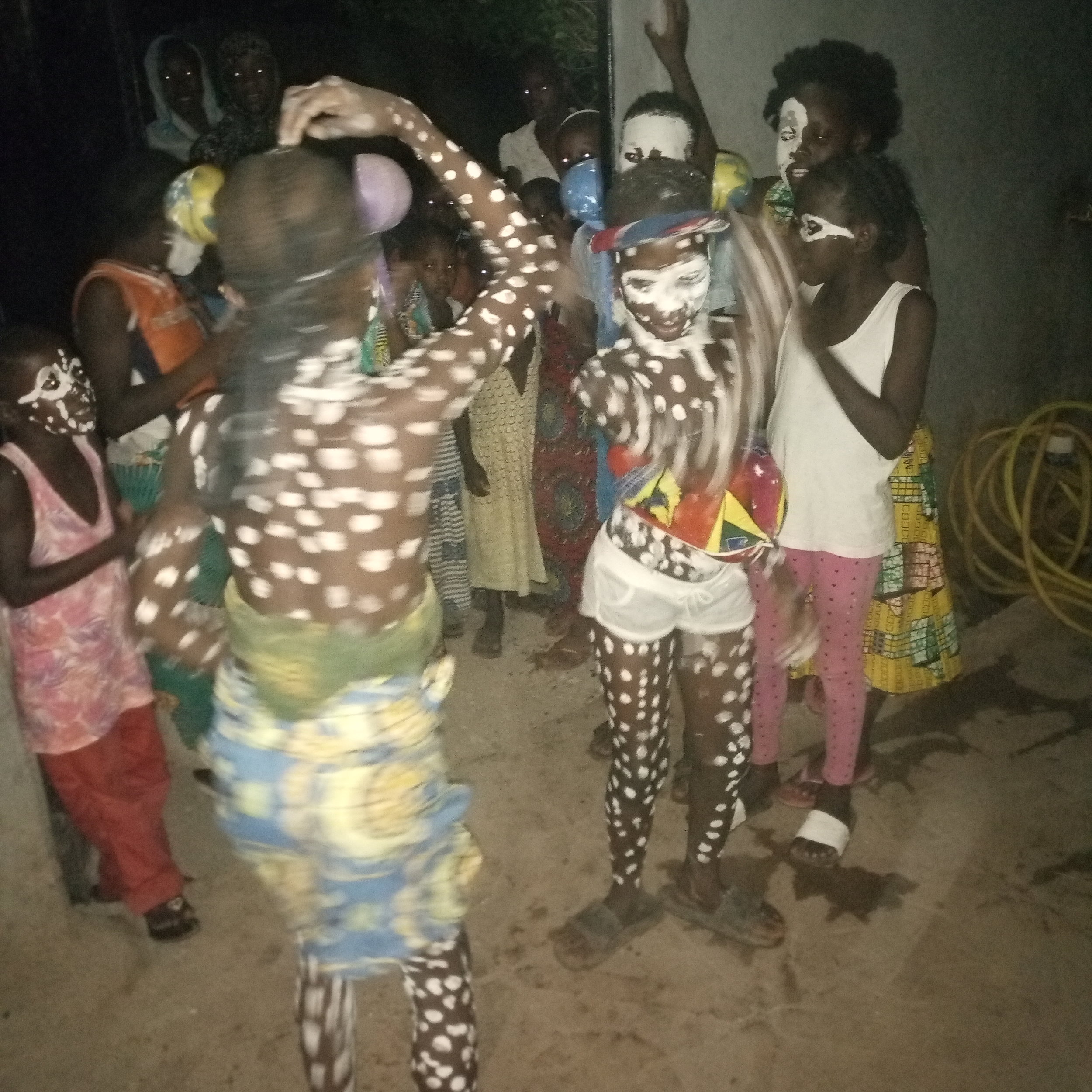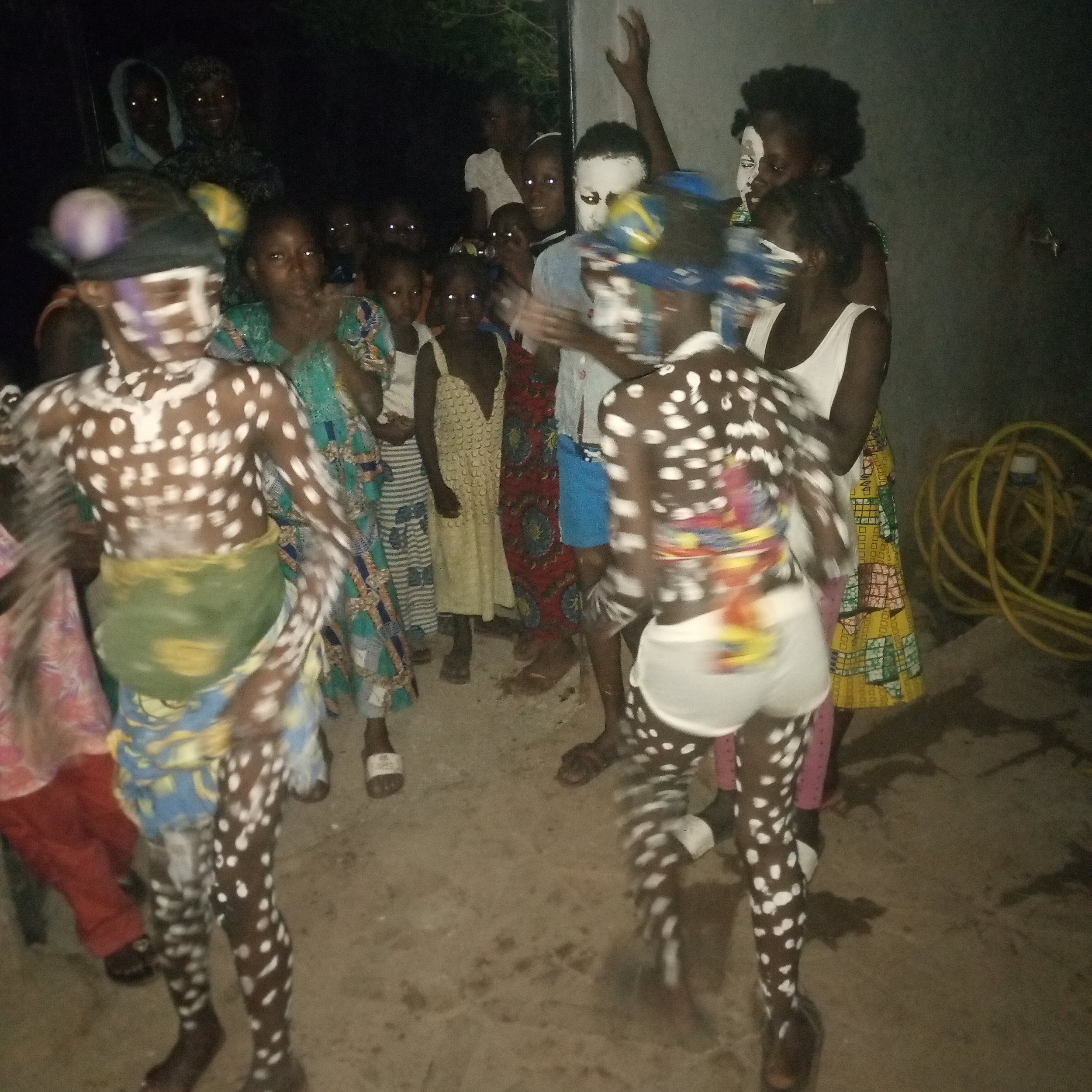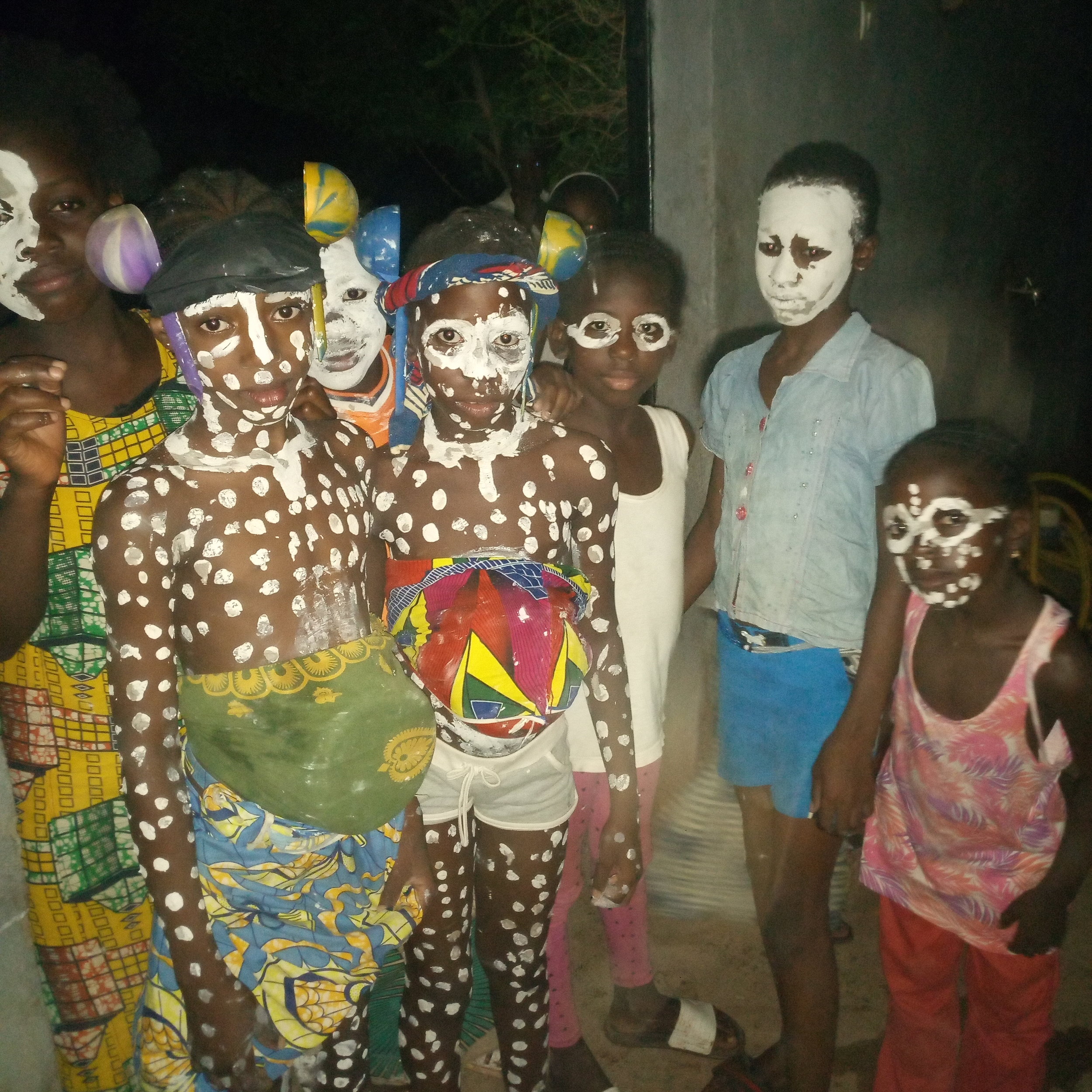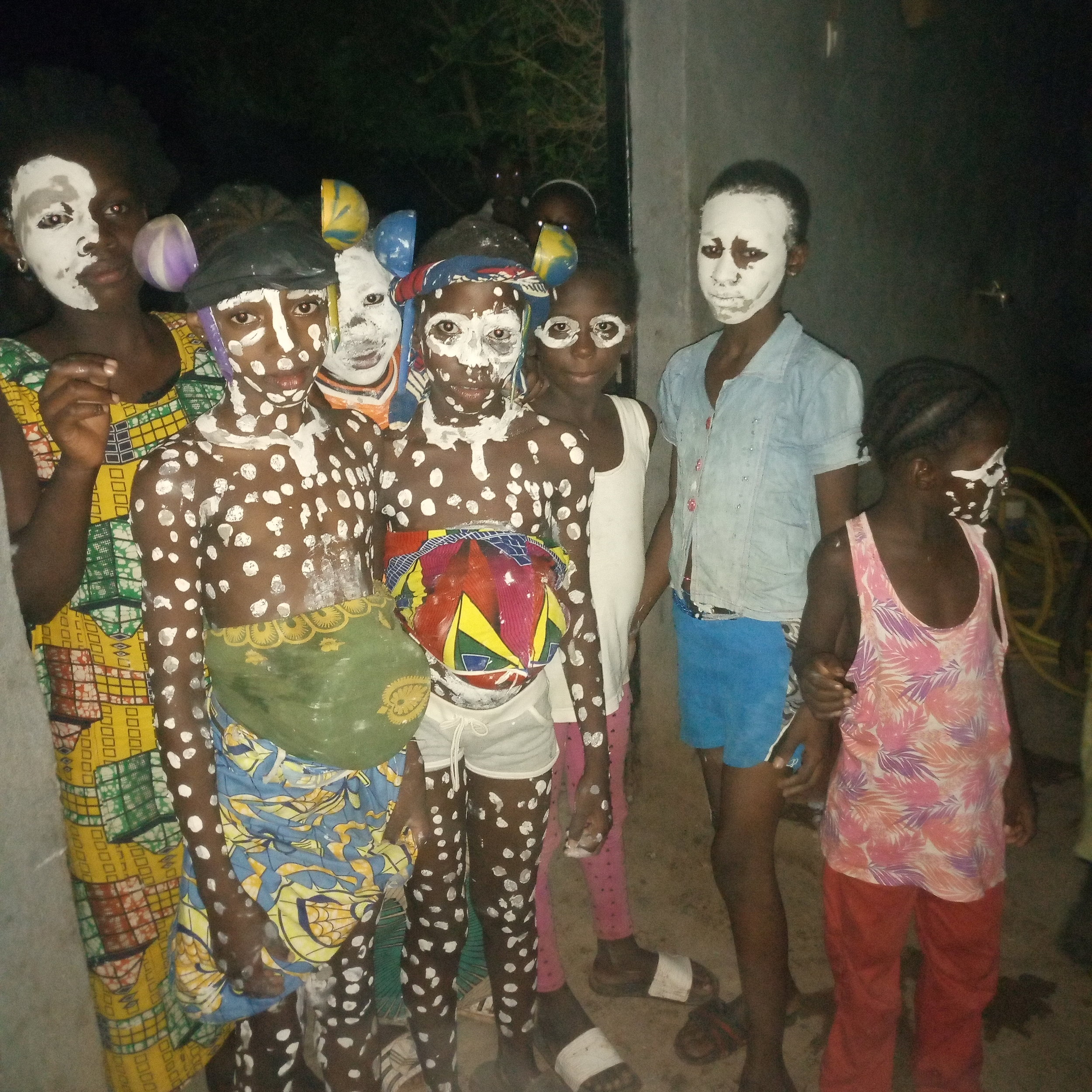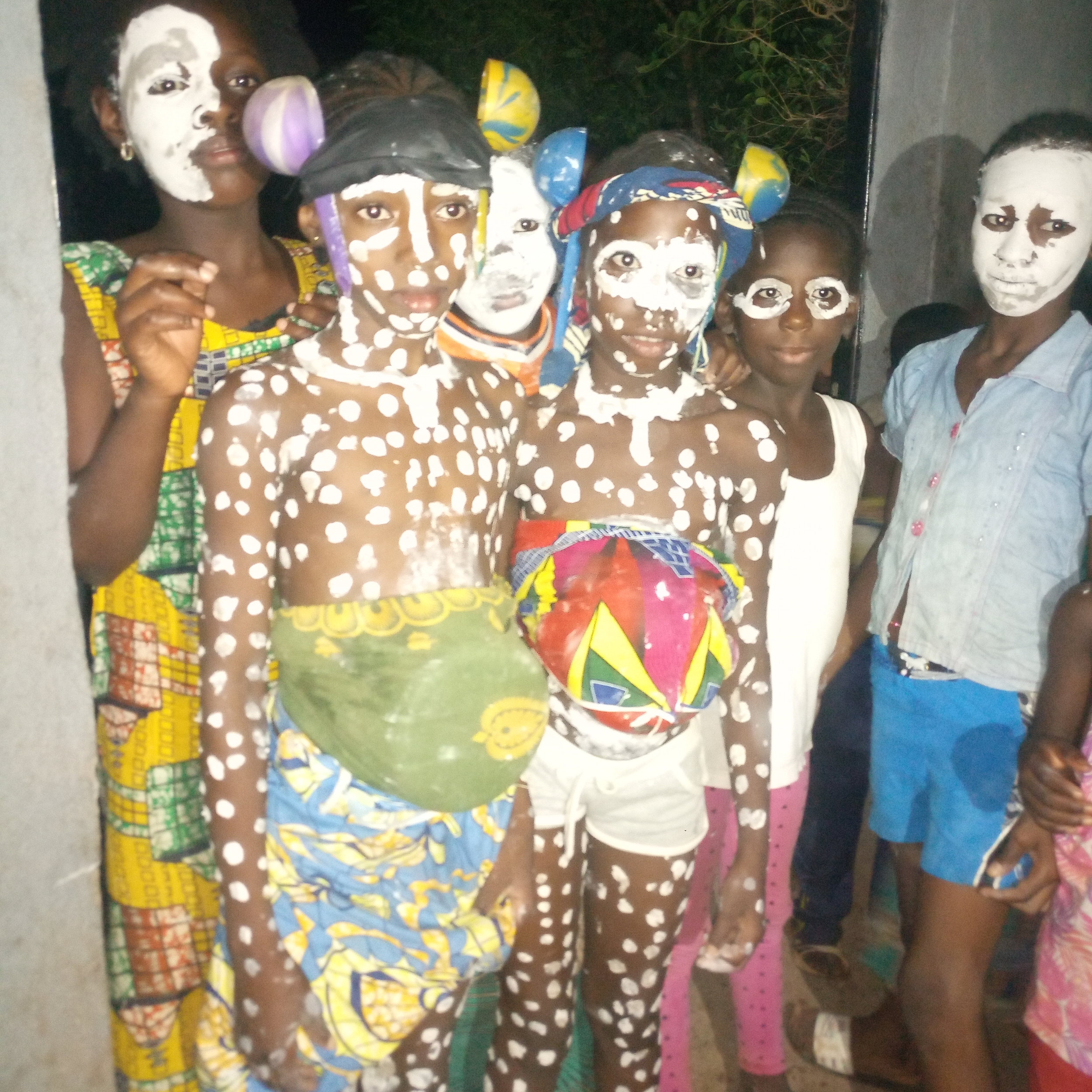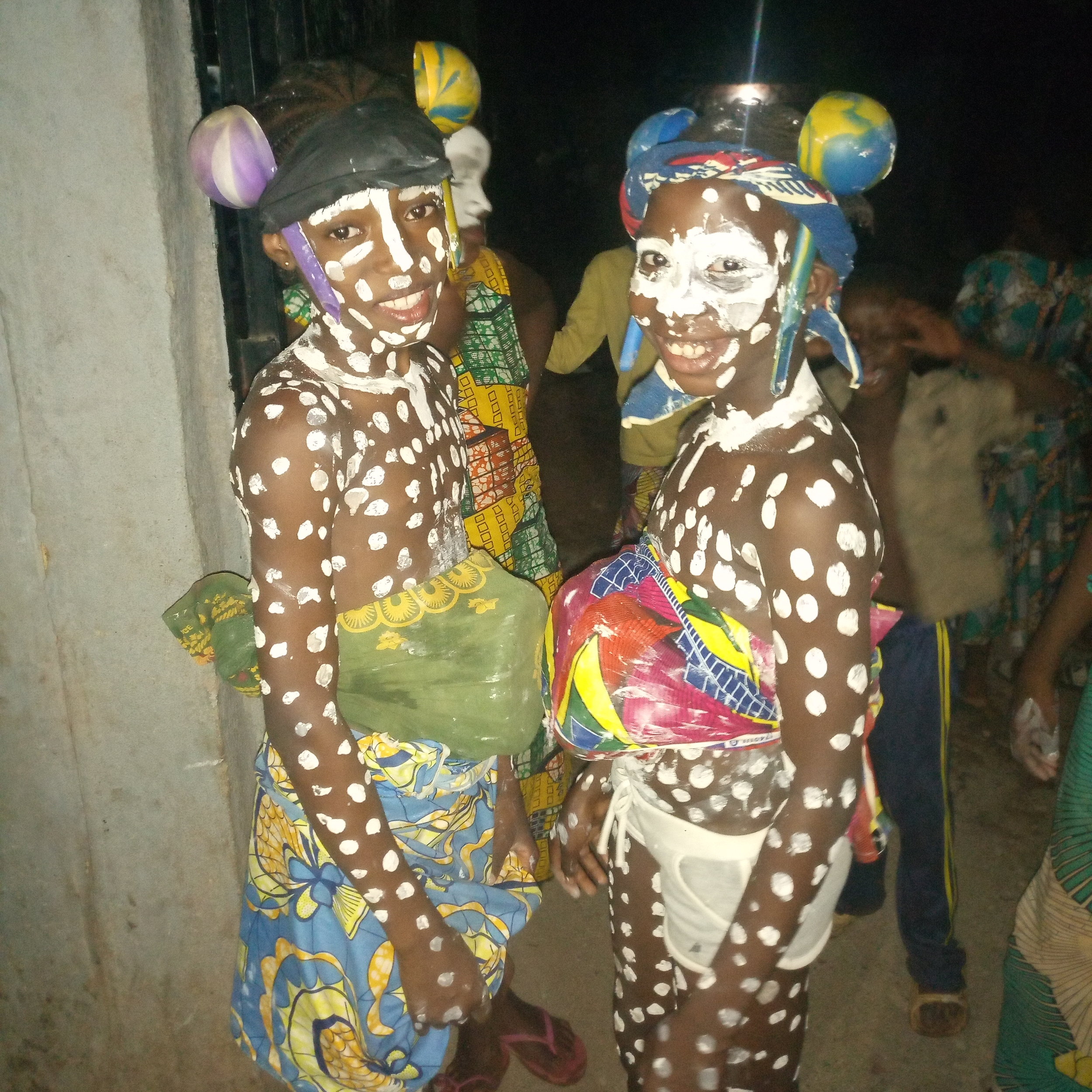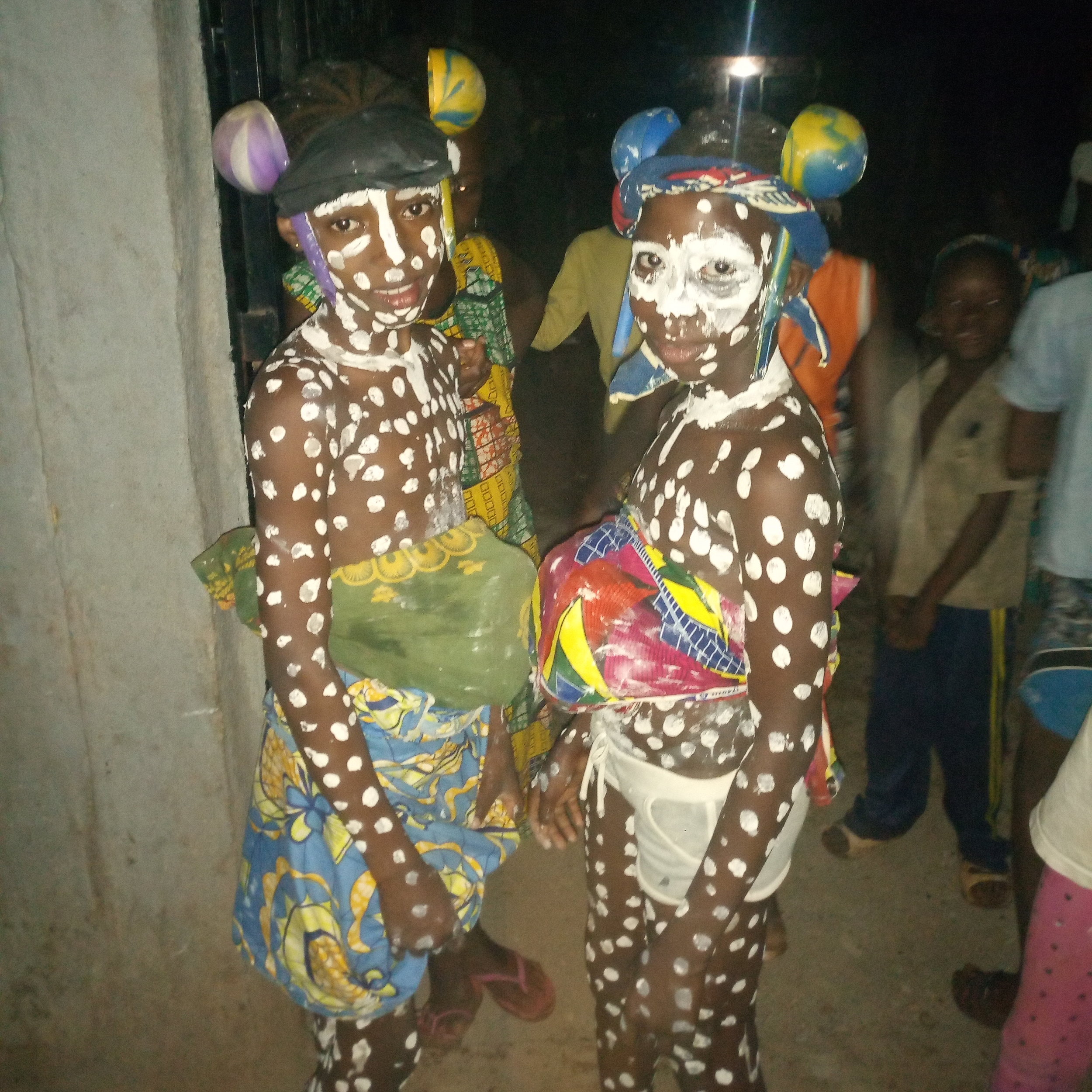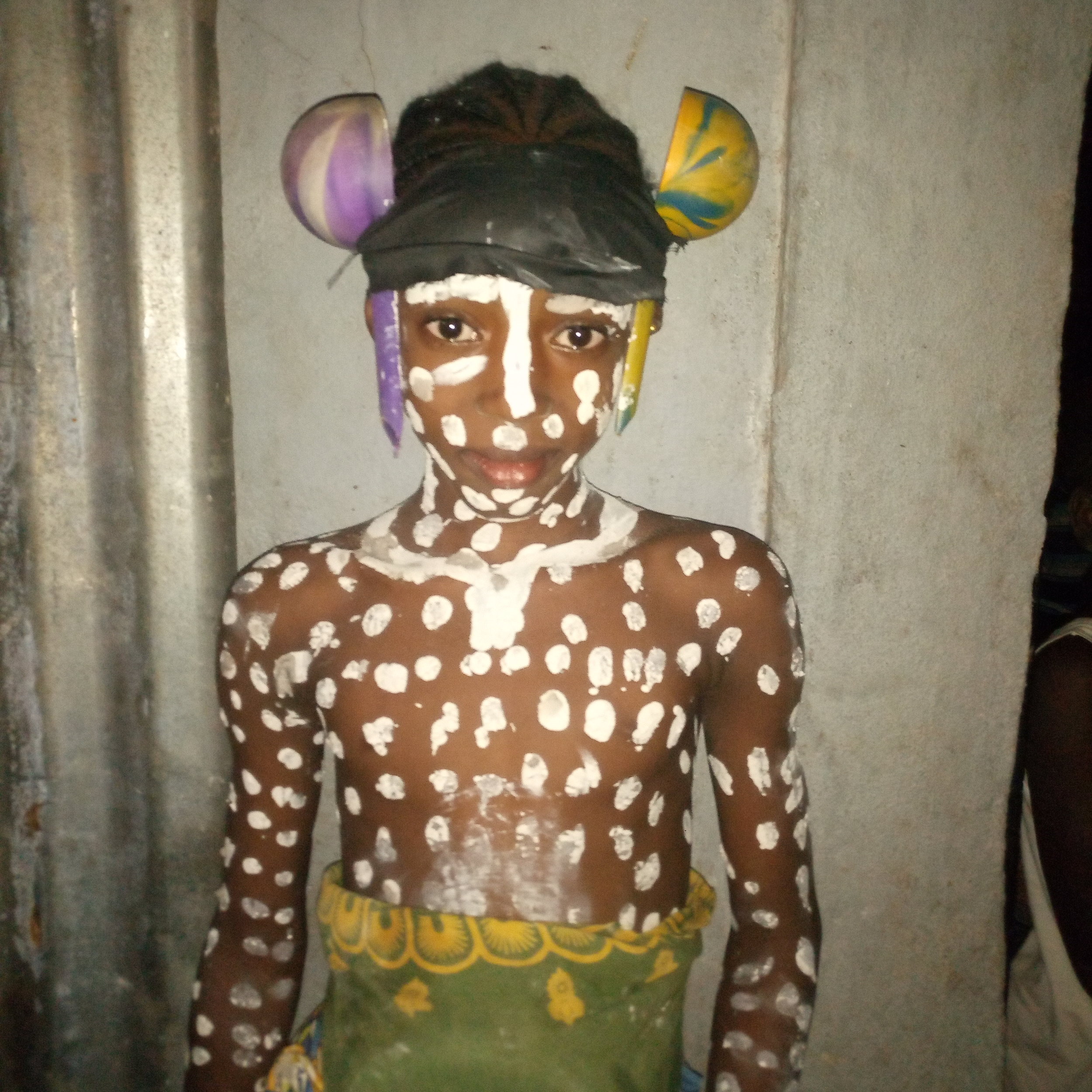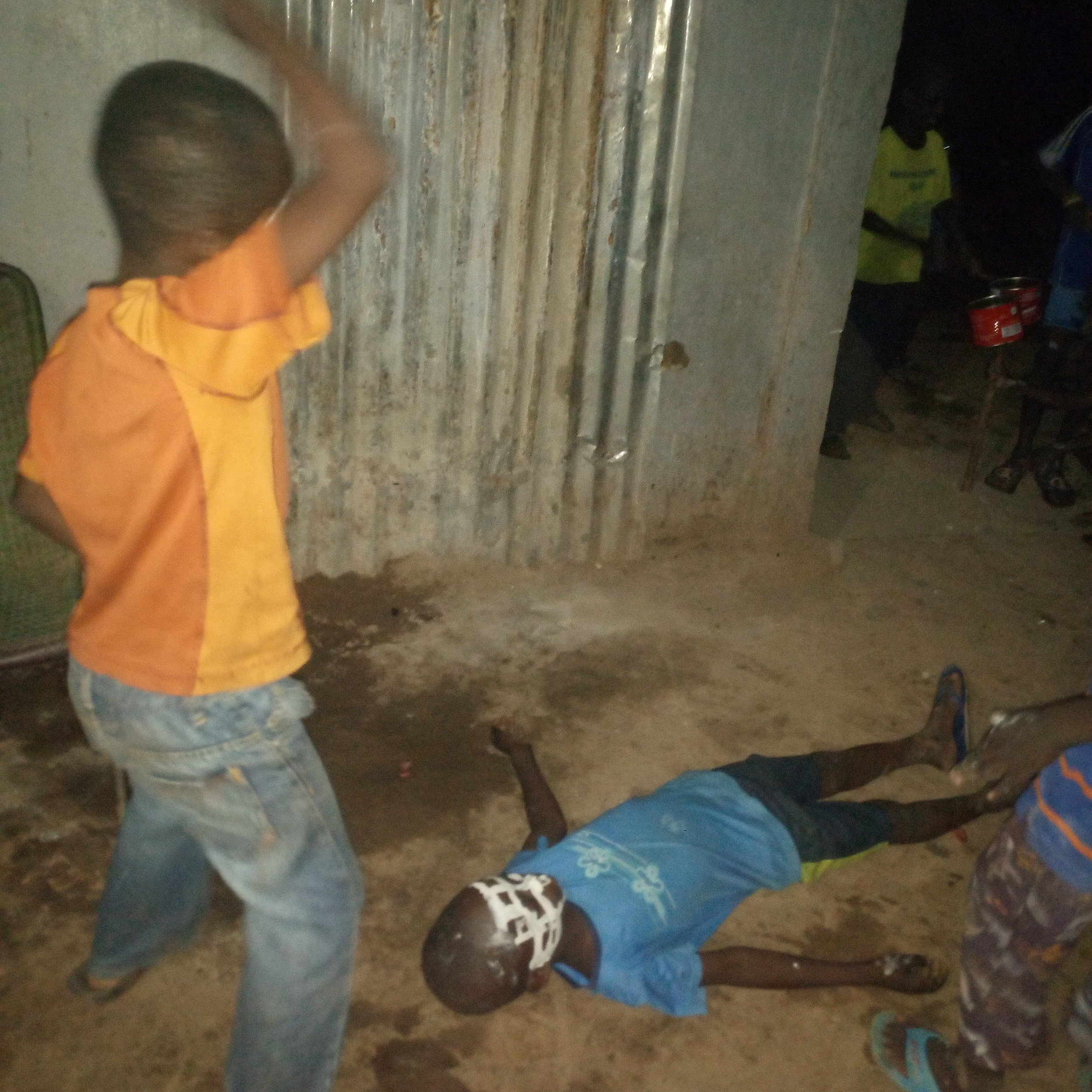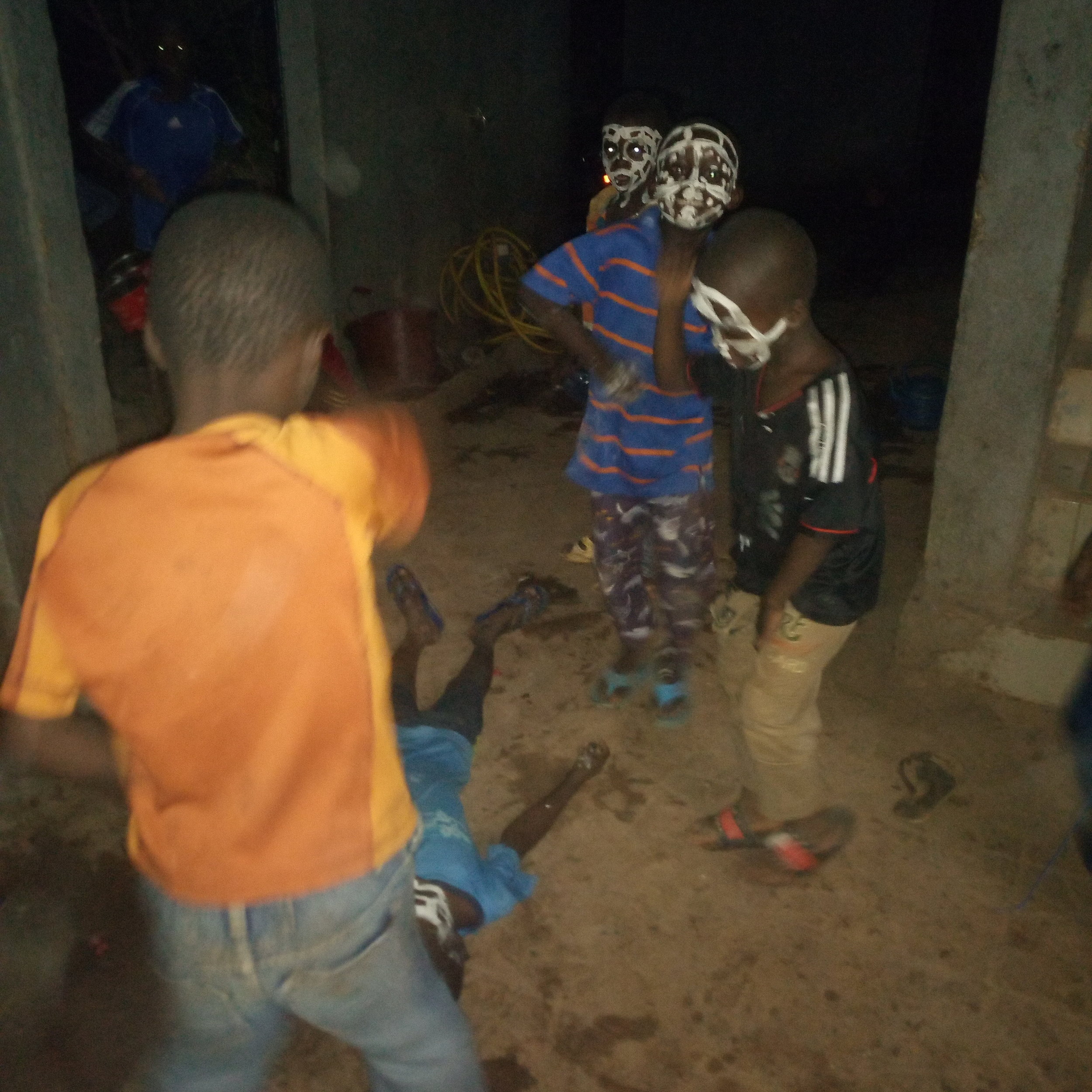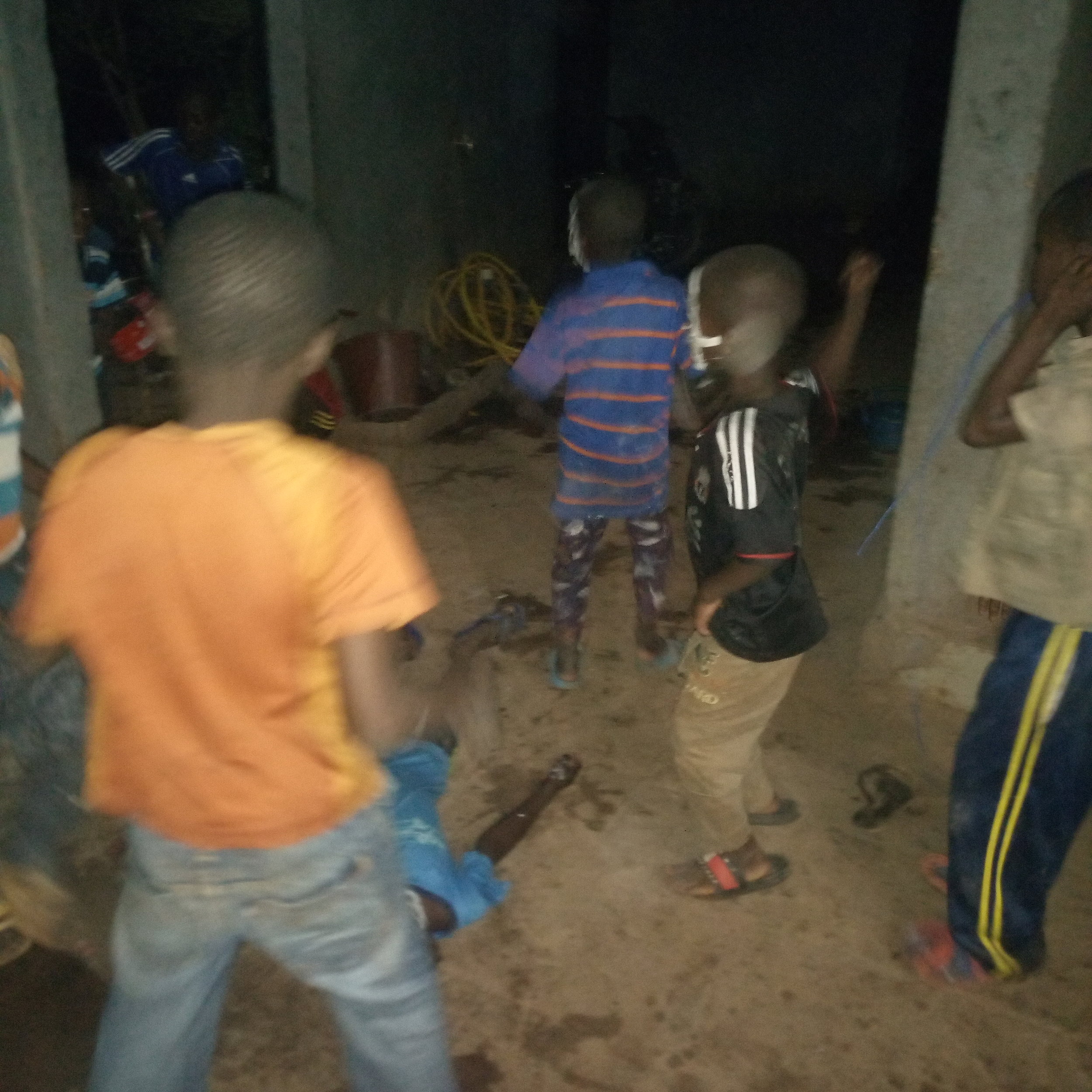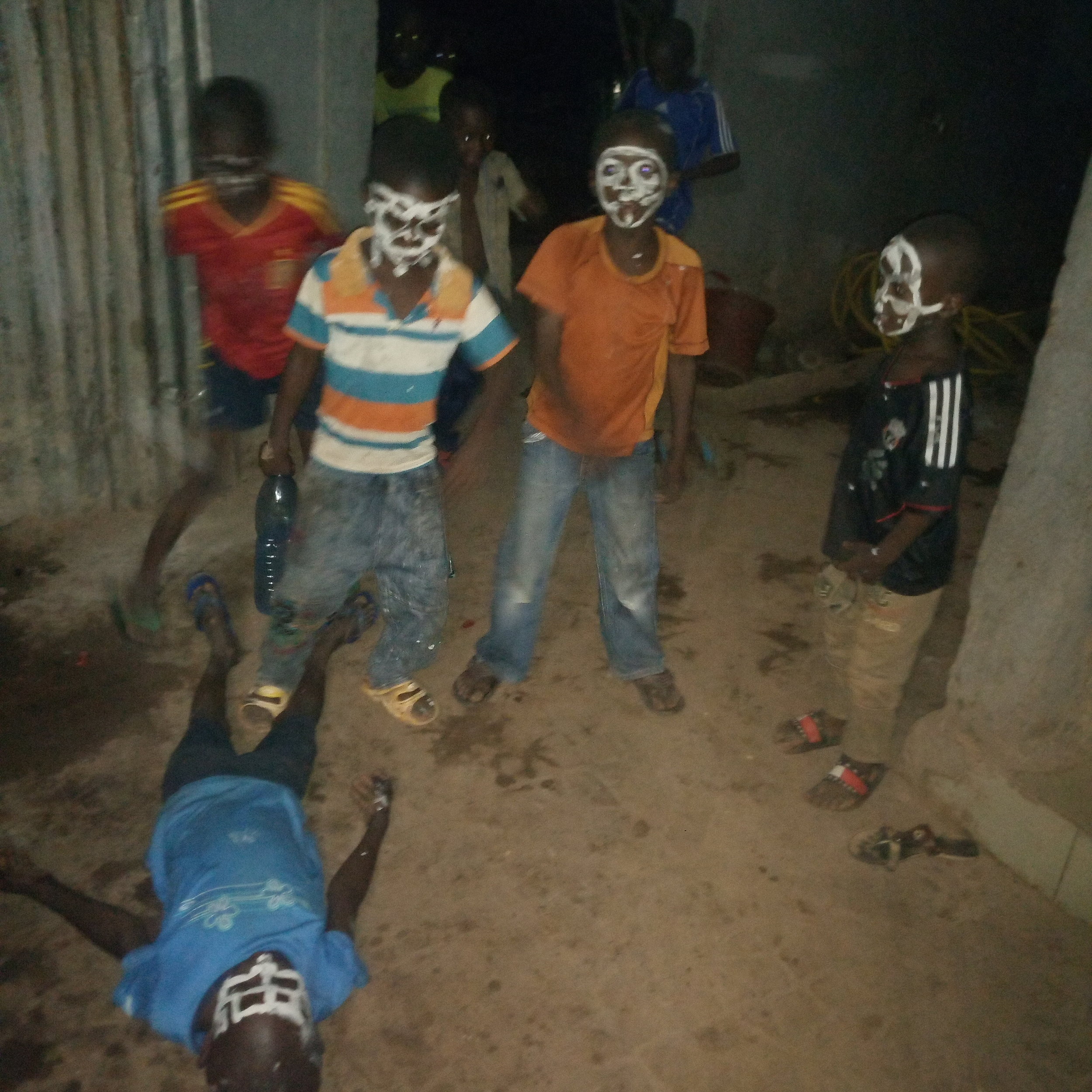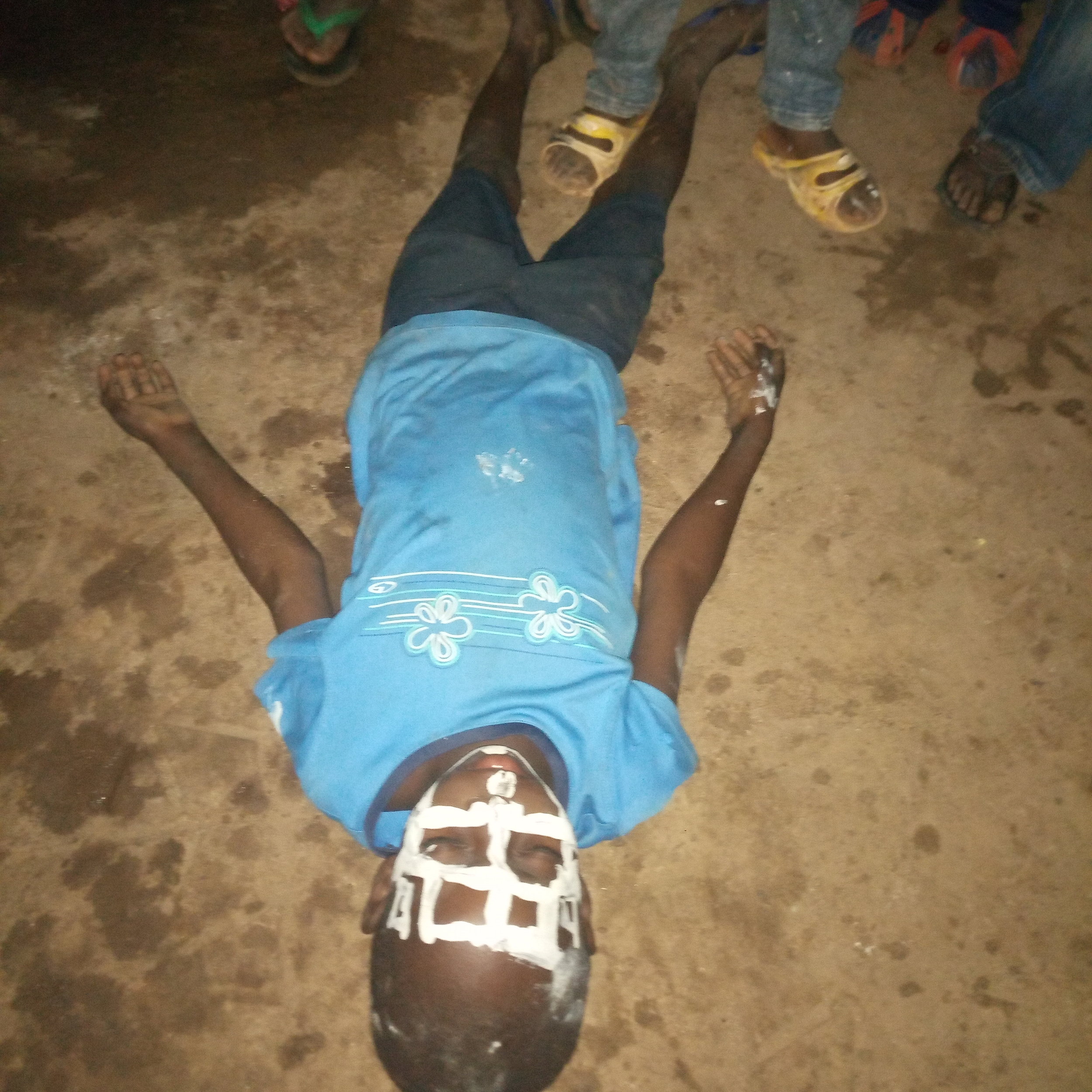By Hindaty Traore, Girls Project Coordinator
I would like to share with you a traditional practice that is happening in Mali during the month of Ramadan. This practice is intended to claim donations (grains and money), but with humor.
The "Yogoro" for boys and the "Salawalé-walé" for girls is a very old practice whose origin is lost in the dawn of time. This would be as old as our society. Every year in Mali, from the 10th to the 20th night of the month of Ramadan, we witness the influx of children into the streets of cities to indulge in this practice of their fathers, mothers and grandfathers, grandmother, when they were their age. Thus, the tradition was immortalized as generations followed each other.
We've been through this, too. The "yokoro" and "Salawalé"-walé does not mean that we are either poor or rich son. It's an old custom that our grandparents left us. Everyone can do it in childhood and there is no negative impact.
The practice is simple; each group of children (of the same generation) is composed of at least five or more members each performing a specific role: some members of the group wear the masks and perform steps of folkloric dancers and comics under applause from the other members of the group. At the end of the song a member is lying on the floor and the others say to the family visited to give coins or cereals otherwise the one who is on the ground will die (just for laughs). They go from door to door to manifest their joy of living the month of Ramadan. And often, some of the adults remember the times when they were doing the same thing. Gifts are simply intended to encourage the young people for the perpetuation of traditional practice.
The boys are equipped with sticks or chopsticks with a sebile or an old tin to collect grain. They sing a dedicated tune: "yogoro a MA yogoroyéwa", prosaically "have you not seen yogoro". As for girls, they use calabashes as percussion instruments and perform the "salawaléwalé"
All these children steal a smile from every person they cross. According to some sources, this practice is accomplished to make alms of the year especially during Ramadan. It is the manifestation of joy on the part of children at a time to show that this practice is passed down from generation to generation. All parts of the country vibrate to the rhythm of this practice during the rest of the month of Ramadan. The children make them laugh by their posture, especially the boys who do not hesitate to brush their face with kaolin or chalk and disguise themselves as a buffon.
The money collected during these outings is jealously guarded by a person designated by the group, usually the oldest. After Ramadan, the children organize a party. They prepare good dishes with the grains received and bring the rest of the food to the goddess of water: "bafaro" in the river so that she watches over them for years to come. The peculiarity of this rite is that the person who brings the food to the river pours it and continues its path without turning.
This practice is done during Ramadan because it is a month of penitence, of mutual assistance. The "yogoro" is not a religious practice. This is very important in the lives of children because the aim is precisely to learn to live together through a positive ancestral practice.
This practice is done in all regions of Mali and in other parts of Africa. The ways of singing differ depending on the locality.
For those who know the basis of traditional African societies, which are based on sociability, and solidarity between members of society, the "Yogoro" can only be the primordial instrument of interpenetration between members of society. It is also a way for children to show their know-how to adults (because masks, dance steps and songs are their know-how). It is also a very comical and lucid way of knowing that they can count on the other members of society. "
In some residential quarters where everyone has his door closed on which it is written "Beware Naughty Dog", the children are afraid to go back there. This is another way of living, alien to our society, because in traditional societies, houses were built with hallways without gates, it meant simply that the entrance was free, that everyone was welcome, because of the hospitality that was there.
In the face of this situation, it is important to think about the benefits of this practice that is not harmful to anyone and expresses the identity of our culture, because nothing is so bad as to abandon its identity, its personality, its way of life for something or someone who ignores your existence.

